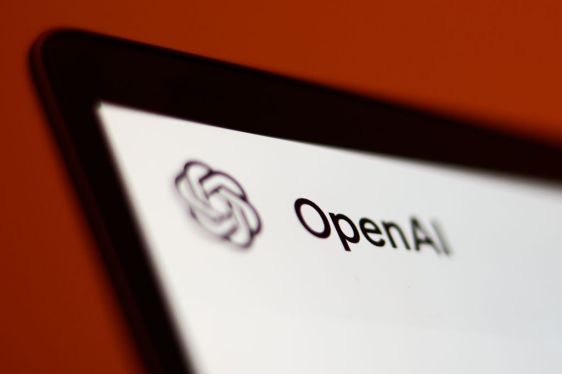As AI technology becomes more integrated into the enterprise, Apple is introducing new tools that provide businesses with greater control over how and where employees use artificial intelligence. With software updates arriving in September, the tech giant is adding an option for enterprise customers to configure the use of an enterprise version of OpenAI’s ChatGPT.
Apple has recognized the demand for ChatGPT for Enterprise, which OpenAI reports now has over five million business customers. These companies use the AI service to connect with their own internal data through AI agents.
What makes Apple’s integration with ChatGPT for Enterprise particularly interesting is that it is not limited to just OpenAI’s technology. According to Apple’s support documents, IT administrators will be able to restrict or allow any external artificial intelligence provider. This approach allows Apple to potentially form additional partnerships with other major AI providers in the enterprise space without needing to make changes at the protocol level.
As Apple has launched new AI features for end users, such as writing tools and visual intelligence, it has also provided IT departments with ways to manage access to those features. While the company stands behind its Private Cloud Compute architecture, it understands that businesses may need time to adapt when it comes to sensitive systems and data. For this reason, Apple allows companies to choose whether data is processed in the cloud or on the device.
This setup not only lets businesses select which AI features to enable, but also allows them to decide whether employee AI requests can be sent to ChatGPT’s cloud service—even if the business does not have an enterprise agreement with OpenAI. ChatGPT has been integrated with Apple Intelligence across Apple’s platform to handle requests that Apple’s own cloud cannot process. Because requests are routed either to Apple or to ChatGPT—not both—it is simpler to disable the ChatGPT setting when needed.
Beyond AI enhancements, Apple is rolling out several other new features for its enterprise customers. The company will launch an API for Apple Business Manager, enabling its functions to be integrated into other IT tools such as MDM products, inventory management services, and help desks. New Device Management tools will also make it easier to migrate devices to a different management service, which is especially useful during mergers and acquisitions.
Apple’s Return to Service solution, which allows devices to be quickly wiped and prepared for the next user, will now offer the option to leave all apps installed. This saves time and bandwidth by eliminating the need for IT admins and users to reinstall applications. Return to Service will also become available for Vision Pro for the first time.
On shared Macs, an authenticated Guest Mode enables employees to log in using credentials from their identity provider. Their data is erased upon logout, though apps remain installed. Another new feature allows businesses to add NFC readers to Macs, so employees can tap their watch or phone to log in.
All these tools are scheduled to roll out in September as part of Apple’s broader software updates for iPhone, iPad, Mac, and other devices.

